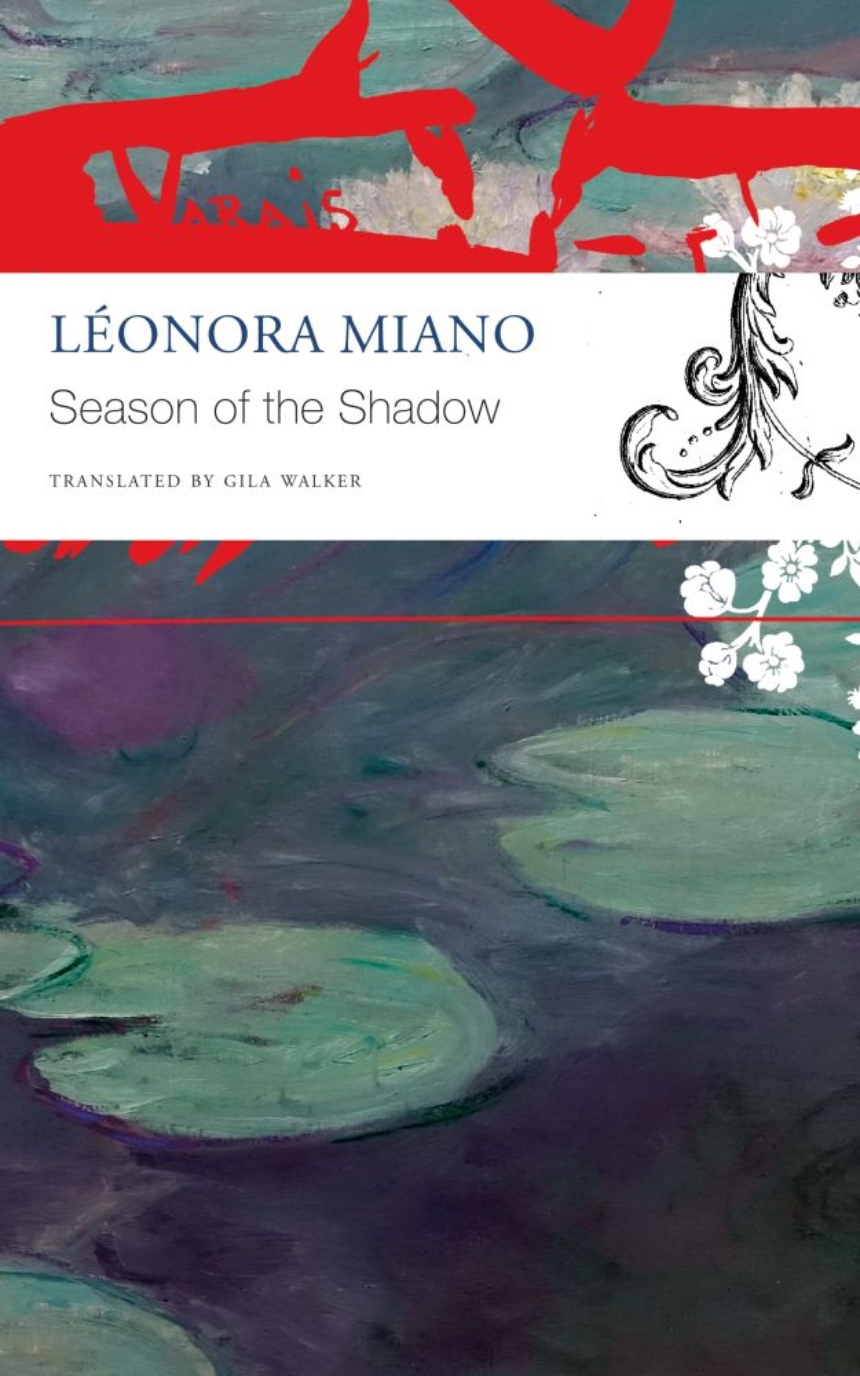
Season of the Shadow
A village in turmoil. Three weeks ago the Mulongo community was invaded. A fire raged in the village, houses were reduced to rubble and ashes, and twelve men disappeared during the chaos of the night. No one knows who attacked the village or why. No one knows where the ten adolescents and two men are, and if they are still alive or dead. No one knows what is going to happen to the ten women whose sons disappeared that night. Initially they were brought to a communal hut outside of the village, following the advice of the wise midwife Ebeise. Here they are isolated, until the Council of Elders decides what to do with them.
One morning, some mysterious fog envelopes the woman’s hut on the edge of the village. It now becomes clear: it can’t continue like this. Something has to happen. Mukano, the head of the community, travels with a bodyguard to see Njanjo, the queen of the neighbouring kingdom of Bwele. Mukano is sure that Njanjo can give him some information, after all, the Bwele do trade, for which they travel to far-flung places, apparently even as far as the Land of Water.
Suddenly Mutango also disappears, Mukano’s scheming and power-hungry brother. Does he have something to do with the invasion? Eventually he takes up the Mulangos’ trading, and everyone in the village knows that he has set out to take over his brother’s role.
And yet another person disappears: Eyabe, one of the women whose sons have not returned. Her son appeared in her dream. She is sure that he is alive, even though his voice was obscured and his message was hard to understand. Ebeise, the old midwife, secretly helps Eyabe to flee, as women are actually not allowed to leave the village. Yet, Eyabe is fearless, as she always had been. She will find her son, even if this means she must go as far as the Land of Water.
Season of the Shadow reads like a crime novel, and its dark historic background unfolds only little by little: the history of the enslavement of Africans. What makes the book special is that Léonora Miano consistently narrates from the perspective of (the fictive) Mulongo and Bwele, who epitomize precolonial communities of West and Central Africa. Miano also doesn’t shy away from dealing with difficult topics, namely the co-perpetration of some of these communities in the slave trade.
As a reader, I am just as unsure, just as desperate, just as shocked regarding the senseless and inexplicable brutality that permeates life in the Mulongo community. Whilst reading, I witness the destruction of their community, as well as their culture and all their customs, ways of life and their wisdom becoming doomed to perish. I begin to understand the scope of the dehumanising slave trade: the unbelievable number of murdered and enslaved people, and that hidden behind every number, there is a story and a face.
The inspiration for the novel was a study titled La mémoire de la capture. The study investigates whether there is remembrance of the slave trade in West and Central African countries. In Season of the Shadow, Léonora Miano embeds this remembrance into a deeply moving literary memorial.
(translated from French by Gila Walker)
Order the book here and support us! The work behind poco.lit. is done by us – Anna und Lucy. If you’d like to order this book and want to support us at the same time, you can do so from here and we will get a small commission – but the price you pay will be unaffected.
